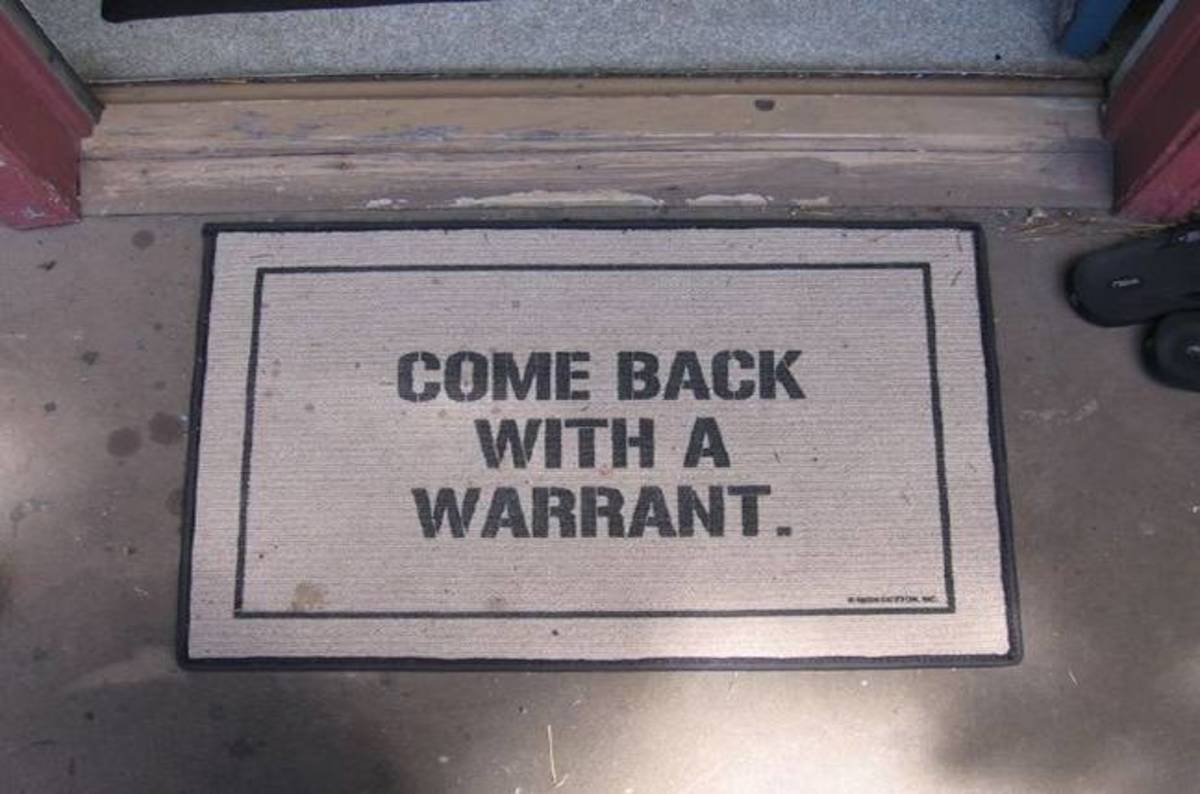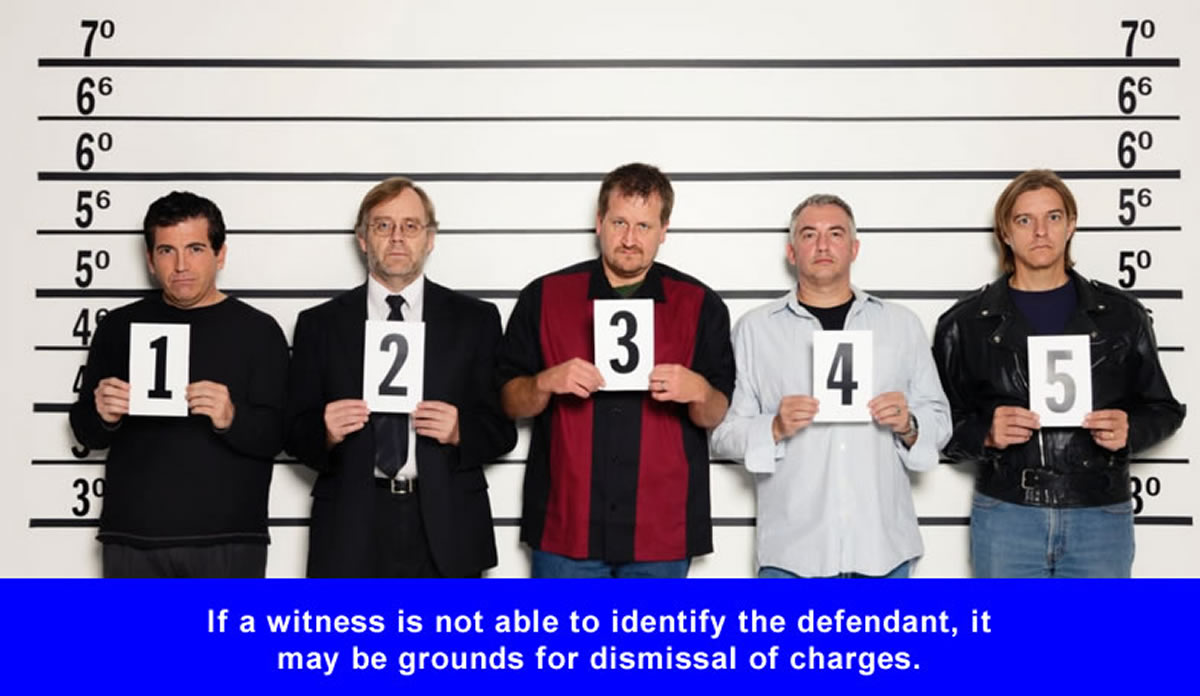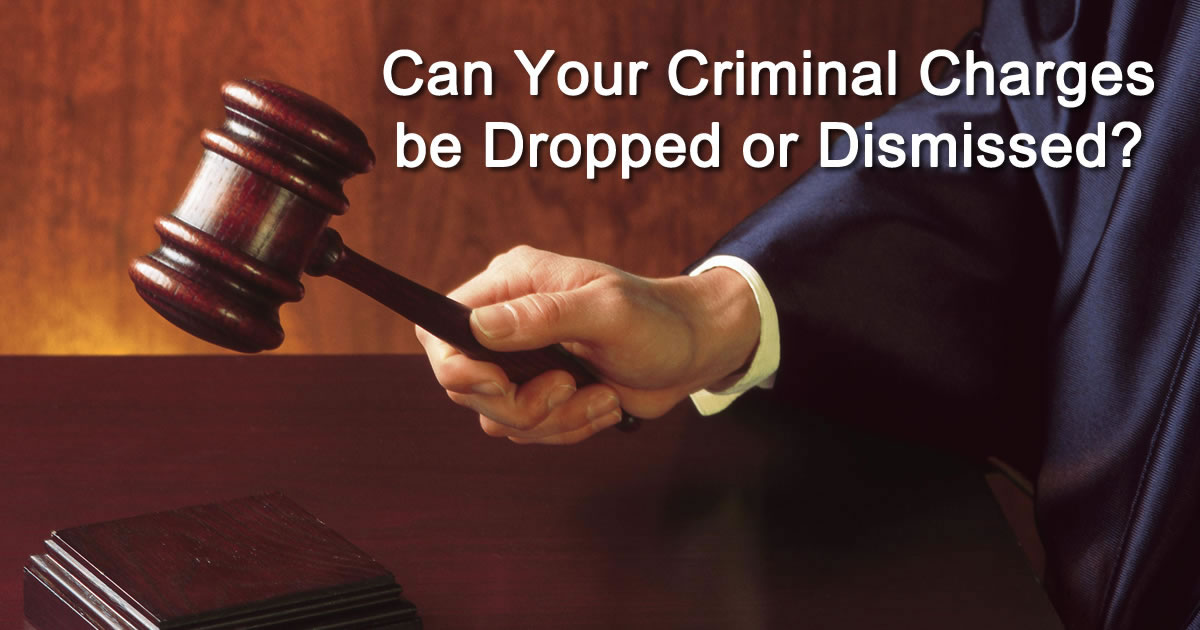ATTORNEY CARL JORDAN - MICHIGAN CRIMINAL DEFENSE BLOG
CAN YOUR CRIMINAL CHARGES BE DISMISSED OR DROPPED?
If you are facing criminal charges and want to have your charges reduced or dismissed. Attorney Carl Jordan shares your goals. His track record includes an impressive number of cases where the charges were dropped or dismissed.
When your future and freedom are at stake you need a Detroit criminal defense attorney with the grit and experience to anticipate and attack the prosecutor’s case against you. Carl Jordan is that attorney. He is an accomplished trial lawyer with an unsurpassed record of success in difficult and complex cases.
The prosecution will likely start building a case against you right after you are charged. Don’t hesitate to take action and defend your freedom and livelihood. Call Attorney Jordan at 248 358-6647 for a free consultation to discuss your situation.
WHAT DOES IT MEAN WHEN A CASE IS DISMISSED OR DROPPED?
When charges are dropped it means the prosecution stopped pursuing the charges and the defendant is never taken to court. Charges can be dismissed only after charges are filed. A charge can be dropped before or after a charge is filed.
DISMISSED WITH PREJUDICE versus DISMISSED WITHOUT PREJUDICE
A case dismissed with prejudice is over and cannot be reopened or re-filed. If a criminal case is dismissed without prejudice, the prosecutor has the option of re-filing the charges.
ATTORNEY JORDAN IS AN EXPERIENCED AND SKILLED ATTORNEY WHO LOOKS FOR GROUNDS FOR GETTING CHARGES DROPPED OR DISMISSED. GROUNDS INCLUDE:
- An illegal stop or search
- Lack of probable cause to arrest
- Improper criminal complaint or charging document
- Insufficient evidence to prove the defendant committed the crime
- Unavailable witness or lost evidence
Americans are protected from illegal stops, searches, and seizures based on the Fourth Amendment of the U.S. Constitution. If evidence is gathered without a warrant or special circumstances, then the evidence gathered can be excluded from the case against the defendant. Law enforcement can only search your person, your car, or your home if an officer has a search warrant. Additionally, law enforcement can only make a traffic stop for specific reasons such as probable cause or reasonable belief that the individual may have committed a crime.
A police officer pulls over a vehicle for a traffic stop and searches the vehicle without a warrant and without consent from the driver. The officer finds drugs and the driver is charged with drug possession. If the defense can show that the search that uncovered the drugs was illegal, the drugs cannot be included in evidence and the entire case will fall apart, resulting the charges being dismissed.

Police in Michigan can only make an arrest if the officer has probable cause to believe that a suspect committed a crime. The officer cannot, by law, arrest a person on a “gut” feeling. The officer’s reasonable belief must include objective, factual evidence and circumstances.
If a witness tells police that the robber was wearing a black jacket with a yellow butterfly emblem on the sleeve, the officer may have probable cause to stop an individual matching that description. If the officer doesn’t have a description and simply arrests a person walking down the street, the officer may not have had probable cause to make the arrest. By showing the lack of probable cause, the court may drop or dismiss the charges.
Mistakes in the Criminal Complaint
When a law enforcement officer writes a criminal complaint or charging document, the officer must sign the document under oath, attesting to the truthfulness of the contents. State and local law direct what information a complaint or charging document must contain. If the complaint does not conform to state or local law because of a significant error or omission, the prosecutor cannot simply edit the document by hand and submit it to the court. The officer who wrote and signed the complaint, under oath, must make those changes.
Insufficient Evidence
Insufficient evidence is a finding that the prosecution in a criminal case failed to meet the burden of proof of present strong evidence against the defendant. The prosecution must have enough evidence to establish probable cause to believe the defendant committed a crime. It must be shown that the evidence against a defendant is so strong that there is no other possible explanation other than that the defendant committed the crime. The evidence must be objective and factual. If there is insufficient evidence the result may be the dismissal of the case.

If key evidence is lost that is necessary to prove you committed the crime, the charges against you could be dismissed by the judge or the prosecutor. Also, if the police cannot show that the evidence was handled properly from the time the police took it as evidence until the trial, the evidence could be suppressed. If the evidence is critical to proving your guilt, the prosecutor may not have a case.
If a witness dies, is missing or refuses to testify on Fifth Amendment grounds (because his testimony may incriminate him), and his testimony is critical to the charges against you, the judge could grant a motion to dismiss the charges or the prosecutor may have no choice but to dismiss the case because there is not enough evidence to prove guilt beyond a reasonable doubt.
Some cases also hinge on a witness being able to identify the defendant as the person who committed the crime. Without the identification, the other evidence might not be strong enough to get a conviction. If a witness realizes after first identifying the defendant that he or she is unsure and not able to identify the defendant at trial, the prosecutor might decide that, without the witness identification, there is not enough evidence to win at trial and a dismissal is in order.
In some cases, the defense will challenge the procedure police used to obtain the witness' identification of the defendant by challenging the way the police conducted a line-up or raising other issues with the witness identification process. If the judge finds the police conducted a line-up or other identification process improperly, the judge may not allow the witness to identify the defendant at trial.
Can Your Charges be Dismissed?
If you face a criminal charge, you may be wondering how such charges can be dropped or dismissed. Detroit Criminal Defense Attorney Carl Jordan has succeeded in getting many charges dropped or dismissed throughout the course of his career, and he may be able to help you. He knows about the many factors which can result in dismissed charges. Over the course of more than 20 years practicing criminal law, he has proved insufficient evidence, illegal search and other constitutional violations to get charges dismissed.
Since dismissal of the charges against you can occur any time after the arrest and up to conviction, Carl Jordan never loses sight of that option. Throughout the proceedings he will vigorously work to get the charges against you discharged.
About Criminal Defense Attorney Carl Jordan
If you’re charged with a crime, it’s critical to acquire the representation and legal expertise of a top-rated Michigan criminal defense attorney like Carl Jordan who has racked up an impressive number of cases where the charges were dropped or dismissed. If he finds any reason for dropped or dismissed charges, he will immediately address it with the prosecutor or judge.
No matter how serious the criminal charges against you are, Carl Jordan can provide the aggressive and effective defense representation you need to secure the best possible outcome in your case.
If you or a loved one is facing criminal charges, call Attorney Jordan today at 248 358-6647 today for a no-cost, no-obligation consultation.
